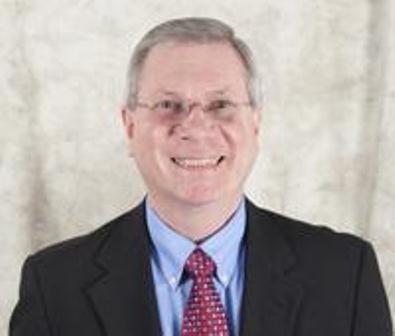By Sarah Geegan
The University of Kentucky recently received an $880,523 grant from the U.S. Department of Energy (DOE), as part of the DOE's Nuclear Energy Programs' $36.2 million initiative to enhance energy research and development projects.
This grant, titled "Elastic/Inelastic Measurement Project," will center upon fuel cycle research and development. A consortium of three universities and a national laboratory has been formed to provide the necessary breadth for this effort, including scientists with extensive experience in neutron elastic and inelastic scattering measurements and with direct access to the facilities for completing the proposed neutron measurements, i.e., the UK Accelerator Laboratory.
 Steven W. Yates, a professor in both the Department of Chemistry and the Department of Physics and Astronomy, as well as Marcus T. McEllistrem, emeritus professor from the Department of Physics and Astronomy, will act as the principal UK researchers for the three-year project. They will work with colleagues from the University of Dallas (Sally F. Hicks), the United States Naval Academy (Jeffrey R. Vanhoy) and Idaho National Laboratory (Tony S. Hill).
Steven W. Yates, a professor in both the Department of Chemistry and the Department of Physics and Astronomy, as well as Marcus T. McEllistrem, emeritus professor from the Department of Physics and Astronomy, will act as the principal UK researchers for the three-year project. They will work with colleagues from the University of Dallas (Sally F. Hicks), the United States Naval Academy (Jeffrey R. Vanhoy) and Idaho National Laboratory (Tony S. Hill).
"The goal of the project is to measure with high precision and accuracy the nuclear data of greatest importance to the Advanced Fuels Program of the Department of Energy for scattered neutrons on coolants and structural materials," Yates said. "These requirements can be met by only a few facilities worldwide, and the UK Accelerator Laboratory, with its well established neutron production and detection capabilities, is uniquely suited for these measurements."
The high quality data produced at UK will be utilized by data evaluators, theorists and engineers to produce safer, more efficient energy sources.
"The project will integrate closely with other interested national and international groups of scientists and engineers," Yates said.
The grant will provide partial support for faculty and staff, as well as training in neutron physics for several undergraduate students and a post-doctoral scholar.
"This research will help address the nation's need to improve the nuclear science and engineering infrastructure so the industry will be prepared for future expansion," Yates said.
